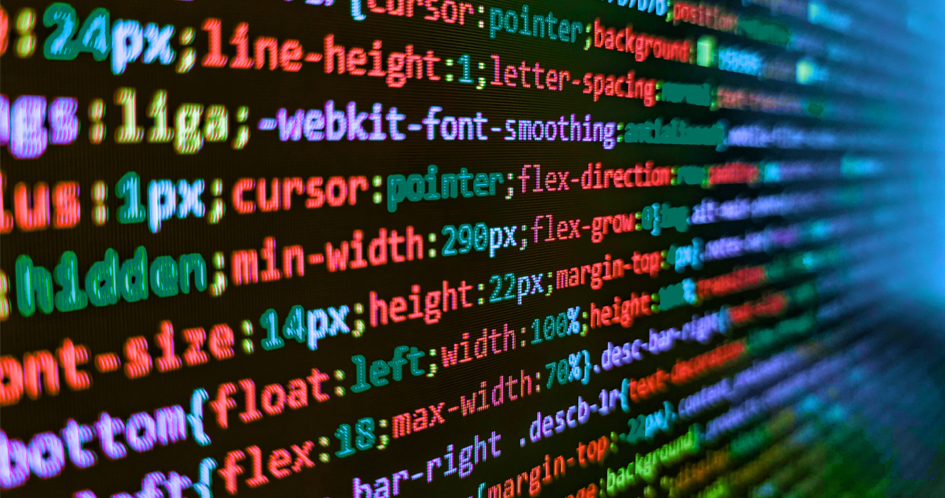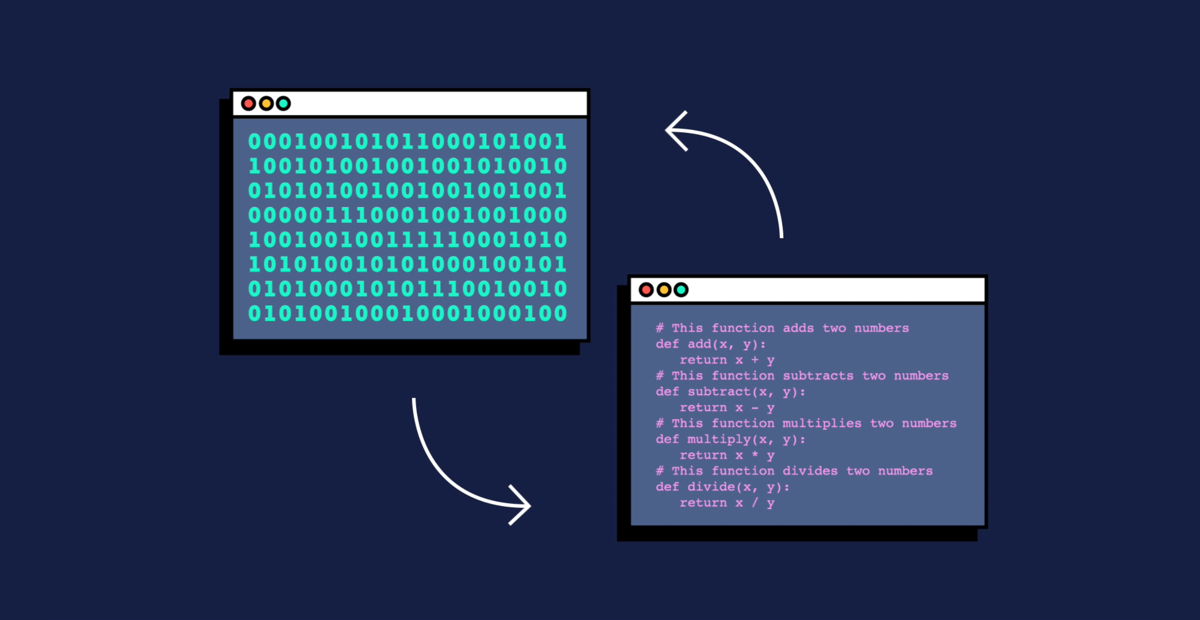Numerical computing is an essential aspect of modern scientific, engineering, and financial applications. It involves solving complex mathematical problems using numerical methods rather than analytical techniques. The rise of computational power and advancements in algorithms have revolutionized numerical computing, making it a cornerstone of various industries. In this article, we will explore the concept of numerical computing and delve into the world of “Numerical Recipes,” a collection of algorithms and techniques designed to unlock the full potential of numerical computing.
Understanding Numerical Computing
What is Numerical Computing?
Numerical computing is the process of performing mathematical computations using numerical approximation methods. It involves solving mathematical problems by representing them as numerical data and applying algorithms to find approximate solutions. This approach is especially valuable when dealing with intricate equations that lack analytical solutions.
Importance of Numerical Computing
Numerical computing plays a crucial role in solving real-world problems where precise solutions may not be feasible. It enables researchers, scientists, and engineers to simulate complex phenomena, analyze vast datasets, and optimize processes. From weather forecasting to drug discovery, numerical computing is at the heart of numerous scientific advancements.
Applications of Numerical Computing

Numerical computing finds applications in a wide range of fields, including:
- Physics and Astrophysics
- Engineering and Simulation
- Financial Modeling
- Signal and Image Processing
- Machine Learning and Artificial Intelligence
- Introducing Numerical Recipes
What are Numerical Recipes?
Numerical Recipes refer to a series of books that provide a comprehensive collection of algorithms and techniques for numerical computing. Initially published in 1986, these books have been continually updated to incorporate the latest developments in the field. They offer practical, reliable, and well-documented solutions to a variety of numerical problems.
History and Evolution
The concept of Numerical Recipes originated from the need to share robust numerical algorithms among scientists and researchers. Initially distributed as a collection of computer programs, the recipes gained popularity for their effectiveness and ease of implementation. Over the years, the recipes evolved into comprehensive guides that encompass various aspects of numerical computing.
Advantages of Numerical Recipes
Numerical Recipes offer several advantages, including:
- Ease of Use: The recipes are designed to be accessible to both novices and experts, allowing for quick implementation.
- Reliability: The algorithms provided in Numerical Recipes are thoroughly tested, ensuring accuracy and correctness.
- Versatility: From basic arithmetic operations to advanced optimization techniques, the recipes cover a wide range of numerical problems.
- Code Portability: The recipes are available in multiple programming languages, making them adaptable to different environments.
Key Components of Numerical Recipes
Numerical Recipes encompass a vast collection of algorithms, including:
- Root Finding
- Linear Algebra
- Integration and Differentiation
- Interpolation and Extrapolation
- Optimization Techniques
- Libraries and Frameworks
To facilitate the utilization of Numerical Recipes, several libraries and frameworks have been developed. These libraries provide pre-implemented algorithms and functions, saving time and effort for programmers.
Programming Languages for Numerical Computing
Numerical Recipes support various programming languages, such as:
- Python
- C++
- MATLAB
- Fortran
- How Numerical Recipes Benefit Various Industries
Science and Research
In scientific research, Numerical Recipes are invaluable for data analysis, modeling complex systems, and simulating physical phenomena. Researchers can focus on their domain expertise while relying on the recipes for efficient numerical solutions.
Engineering
Engineers often encounter intricate mathematical problems in designing and optimizing structures, electronics, and mechanical systems. Numerical Recipes aid engineers in tackling these challenges effectively.
Finance and Economics
In the financial sector, precise numerical calculations are crucial for risk assessment, option pricing, and portfolio optimization. Numerical Recipes provide reliable tools for financial modeling and analysis.
Artificial Intelligence and Machine Learning
Numerical computing is a foundation for various machine learning algorithms. Numerical Recipes enhance the computational efficiency and accuracy of AI applications.
Challenges in Numerical Computing
Accuracy and Precision
Numerical computations can suffer from inaccuracies due to limited precision in floating-point arithmetic. Developers must be aware of these limitations and implement techniques to mitigate errors.
Speed and Efficiency
Complex numerical algorithms can be computationally expensive. Optimizing the code and leveraging parallel processing can significantly enhance performance.
Parallel Processing
Parallel computing techniques can accelerate numerical computations. However, designing efficient parallel algorithms requires expertise in both numerical methods and computer architecture.
Best Practices for Utilizing Numerical Recipes
Code Optimization Techniques
Optimizing numerical code involves minimizing redundant calculations, reducing memory usage, and choosing efficient data structures.
Error Handling and Debugging
Numerical computations can encounter various errors. Effective error handling and debugging strategies are essential to ensure the reliability of results.
Documentation and Sharing
Maintaining comprehensive documentation of numerical code is crucial for collaboration and future references. Sharing knowledge and best practices benefit the wider community.
The Future of Numerical Computing
Emerging Technologies and Trends
Advancements in quantum computing, artificial intelligence, and parallel processing will reshape the landscape of numerical computing.
Impact on Various Fields
Numerical computing will continue to drive innovations in science, engineering, finance, and technology, leading to groundbreaking discoveries and practical solutions.



Leave a Reply